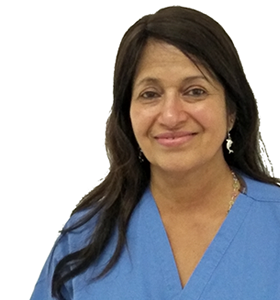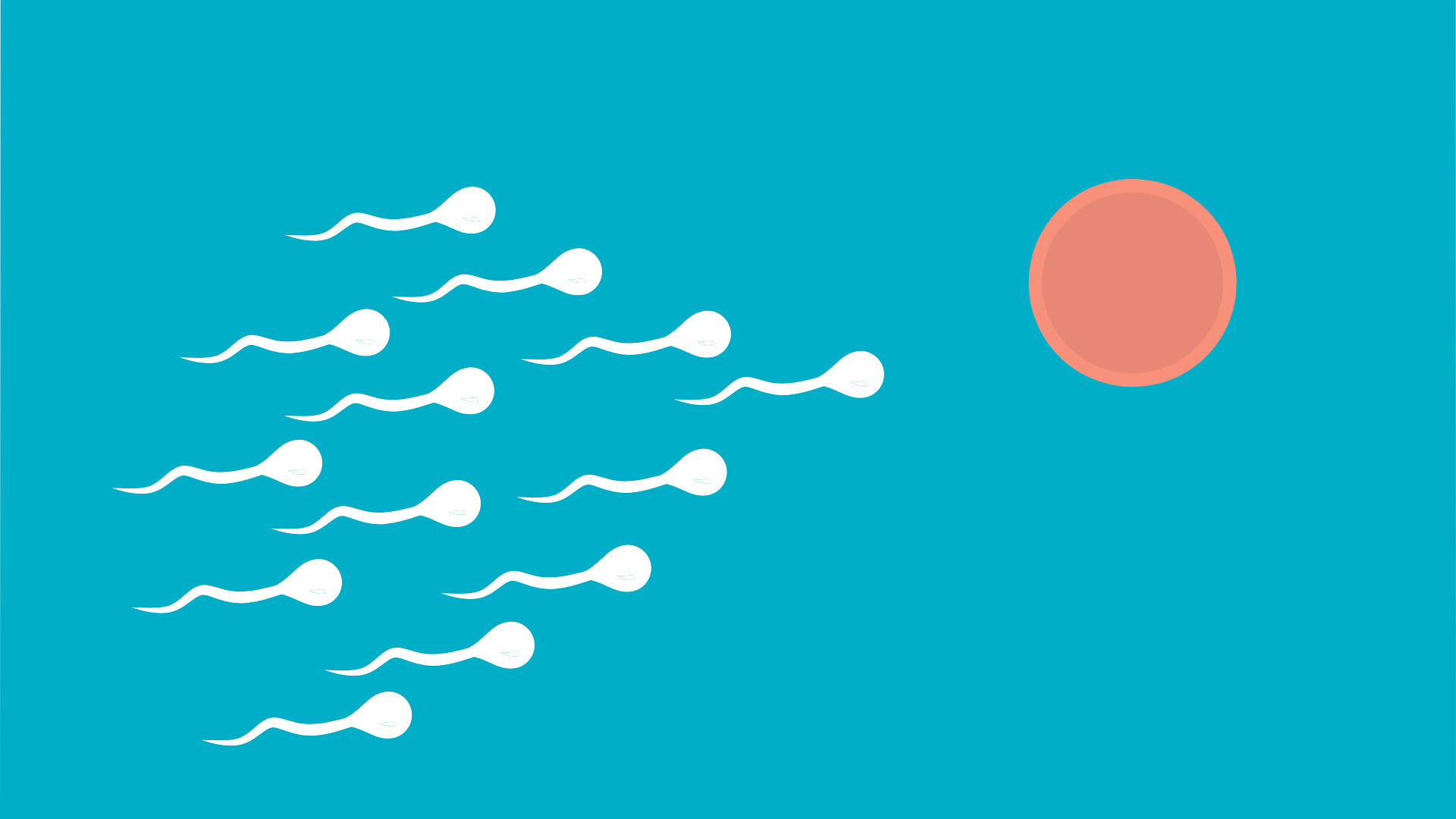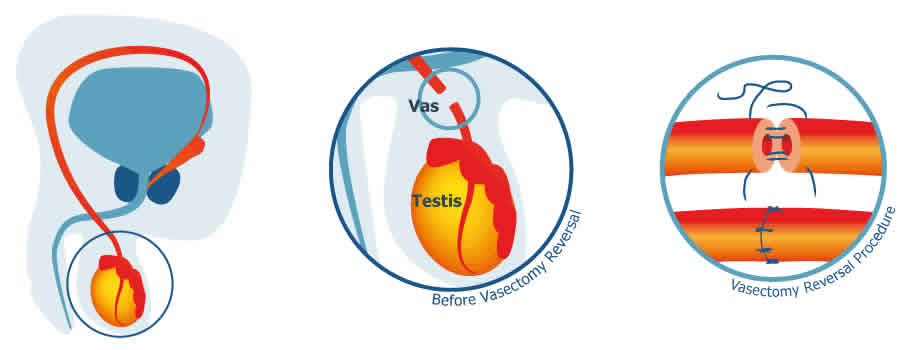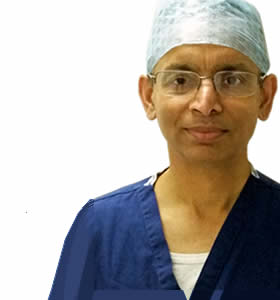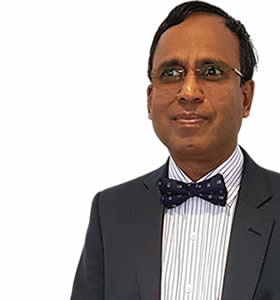Dr Gopinathi is a Consultant Anaethetist practicing for nearly 22 years. Dr Gopinathi’s NHS base is Princess Alexandra Hospital in Harlow, Essex. Within the private medical sector Dr Gopinathi has practice privileges at various hospitals in the Essex and Hertford areas.
